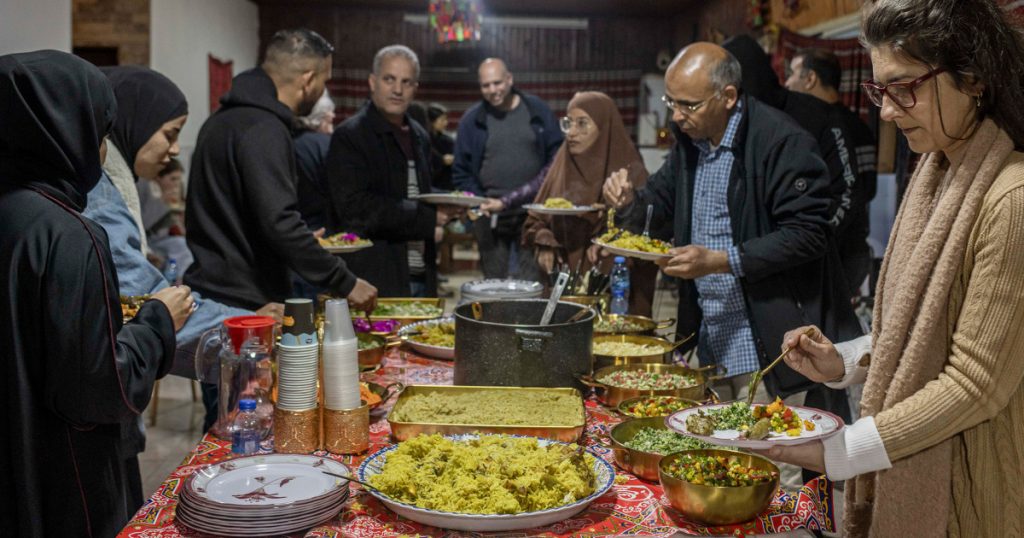The Negev region in Israel is home to at least 35 unrecognized villages, including az-Zarnūg, the village where Abu Qwaider resides. Amid the Israel-Hamas war, several homes in the village, including those belonging to Abu Qwaider’s family, have been demolished by Israeli officials this year. Bedouin families face a lack of public services like electricity, relying on solar panels and generators for power. They also lack consistent access to bomb shelters, despite facing threats from conflict in the region. Some Bedouins have even faced scrutiny from the Palestinian community due to their involvement with the Israeli military and border police.
While military service is not mandatory for Bedouin tribes, over 1,500 Bedouins were serving in the Israel Defense Forces as of February. The chance to overcome poverty and social barriers may contribute to their willingness to join the military. However, serving in Israeli forces has led to criticism from other Palestinians who view them as partners in the occupation. Despite this, there is a minority of Bedouins who have chosen to serve, and more research is needed to understand their motivations.
Efforts from organizations like the Negev Coexistence Forum are aiming to bridge the gap between Jewish Israelis and Bedouin communities in the region. Haia Noach, a co-founder of the forum, acknowledges the violence inflicted by Israelis on Bedouins and works towards fostering understanding and cooperation between the two groups. The foundation has advocated for a cease-fire in the Gaza conflict and the recognition of a Palestinian state, but these ideals are not widely supported among Jewish Israelis.
While a majority of Jewish Israelis oppose political agreements to end the war in Gaza and establishing a demilitarized Palestinian state, a significant portion of Arab Israelis support these initiatives. Muhammad Abu Qwaider has expressed optimism for a better future, believing that the younger generation is more aware and may find a way forward towards coexistence and a two-state solution. The efforts of organizations and individuals working towards understanding and cooperation between different communities in the region may play a crucial role in achieving peace and stability in the long-standing Israeli-Palestinian conflict.


